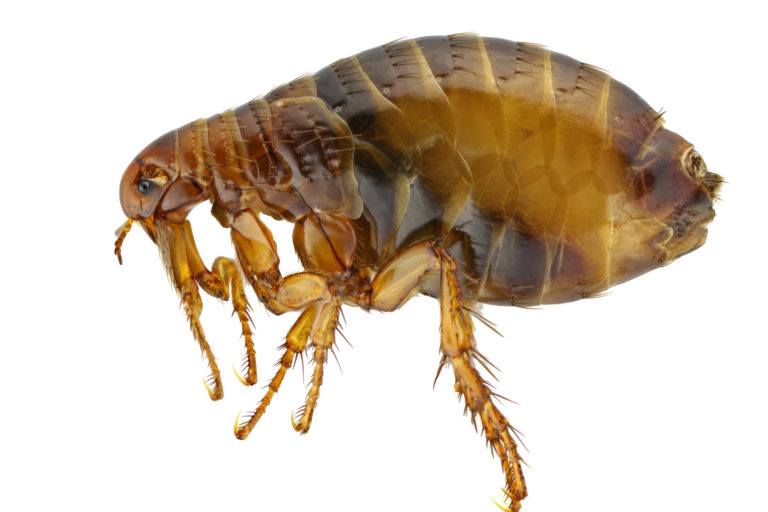A medical condition called typhus murine is brought on by tick bites. typhus murine can be brought on when a tick carrying the Rickettsia typhi bacteria bites a person.
Infected nail bites can harm the skin and result in sores. typhus murine can also be brought on by flea bites, breathing flea dander, and unintentionally exposing wounds to it. You may read more about the risks of flea bites here!
Symptoms of typhus murine Due to Flea Bites
Symptoms of tick-borne typhus begin as early as two weeks after contact with infected ticks or tick droppings. Unfortunately, people may not know that they have been bitten by a tick or have been exposed to flea droppings. Even so, the infection can be detected through the following symptoms:
1. Fever and chills
2. body aches and muscle pain
3. loss of appetite
4. Nausea.
5. Vomiting.
6. Stomach ache.
7. Cough.
8. rash (which usually occurs around the 5th day of illness).
Some people make a full recovery without treatment. Others experience complications and even damage to one or more organs, including the liver, kidneys, heart, lungs, and brain. Treatment for typhus murine is the administration of the antibiotic doxycycline, which can be used in people of all ages.
Antibiotics are most effective when given as soon as symptoms begin. People who get treatment early usually recover quickly.
Read Also : 5 Benefits of Castor leaf for the Body
Tick Bites Can Sometimes Cause Complications
Although very rare, tick bites can cause not only typhus murine, but also serious complications. These complications range from allergic reactions and secondary infections. If a person is bitten and begins to show symptoms of difficulty breathing, nausea, swelling of the lips or the bitten area, medical attention should be given immediately.
So far there is no vaccine to prevent tick-borne typhus. The only way to prevent typhoid is to avoid contact with fleas. This can start from taking care of pets.
If your pet has fleas, use a vet-approved flea control product, store food in tightly closed containers, and keep your home clean to prevent fleas from multiplying. Also, cover the holes in the house to prevent rodents from getting in, and don’t forget to seal the compost and trash cans tightly.
You can protect yourself from tick bites by avoiding feeding or petting wild animals. Also, always wear gloves when handling sick or dead animals.
Read Also : Have a Abdominal Migraine? These are the six foods you should eat
How to Recognize Flea Bites
Not a few people also find it difficult to distinguish between flea and mosquito bites. To tell the difference, tick bites are small red bumps surrounded by a small patch of inflamed skin. While mosquito bites tend to be larger and do not appear in a certain pattern.
Mosquito bites mostly occur at night while fleas can bite at any time. Flea bites generally occur in open areas. If you are active in a room or area that is a potential flea habitat, it’s a good idea to take preventive measures by applying tea tree oil or home remedies that prevent fleas from getting to the skin.








Can I Eat Teriyaki Sauce When Pregnant?
Can You Eat Crab While Pregnant?
Can Pregnant Women Eat Shrimp? Danger or not?
Implantation Bleeding vs. Period: How to Tell the Difference
Chronic Energy Deficiency (CED) in Pregnant Women
Are taking hot baths During Pregnancy safe or harmful?
5 Easy Ways to Overcome Pain During Pregnancy
Implantation Bleeding vs. Period: How to Tell the Difference